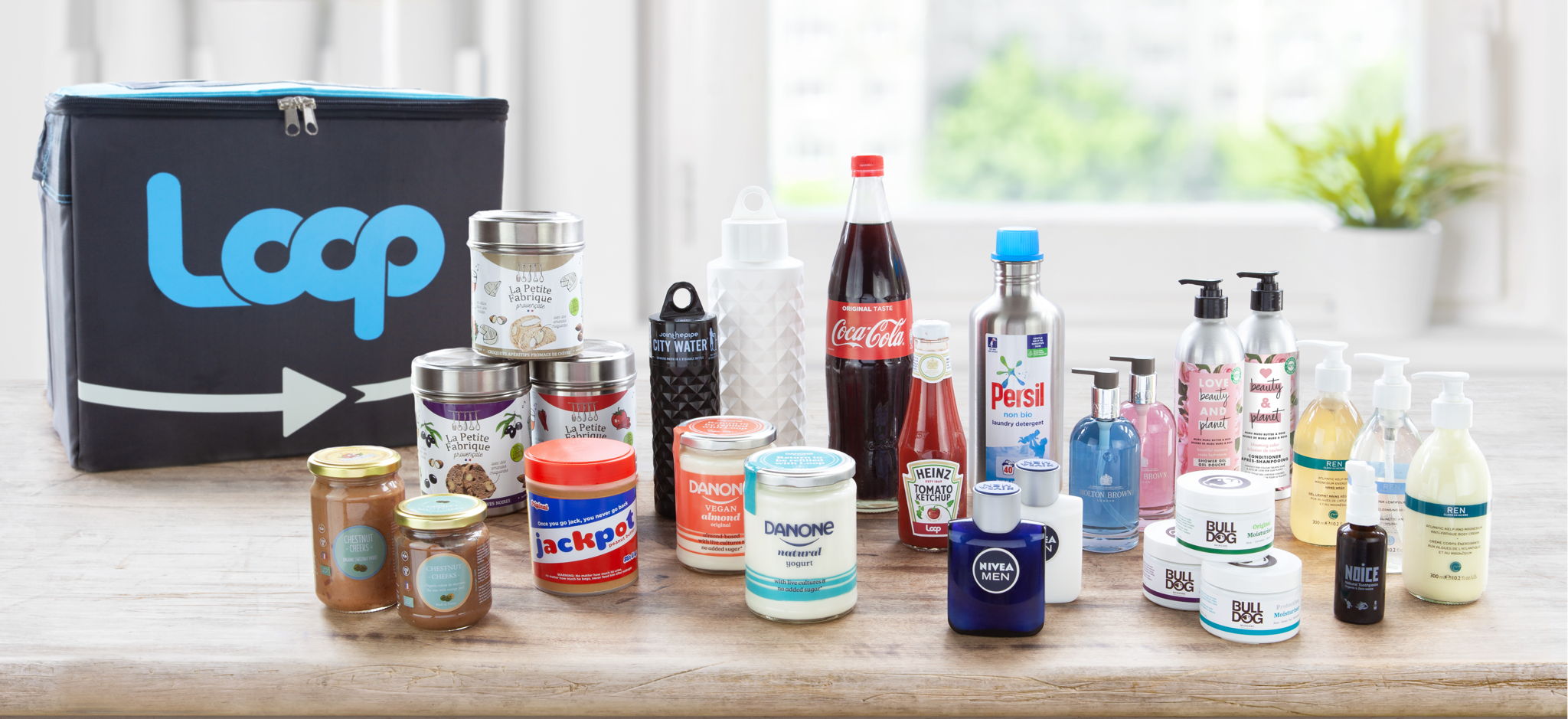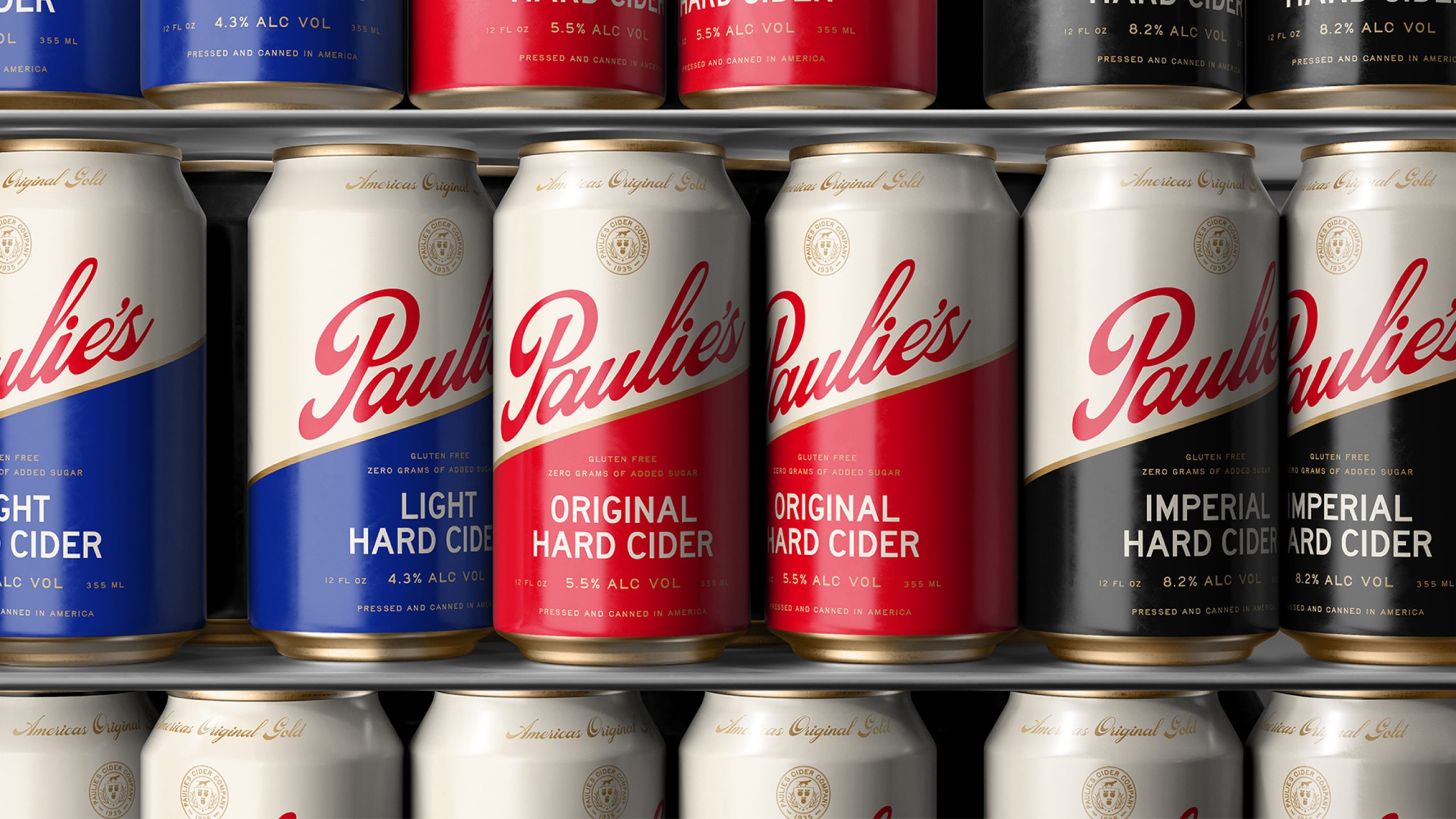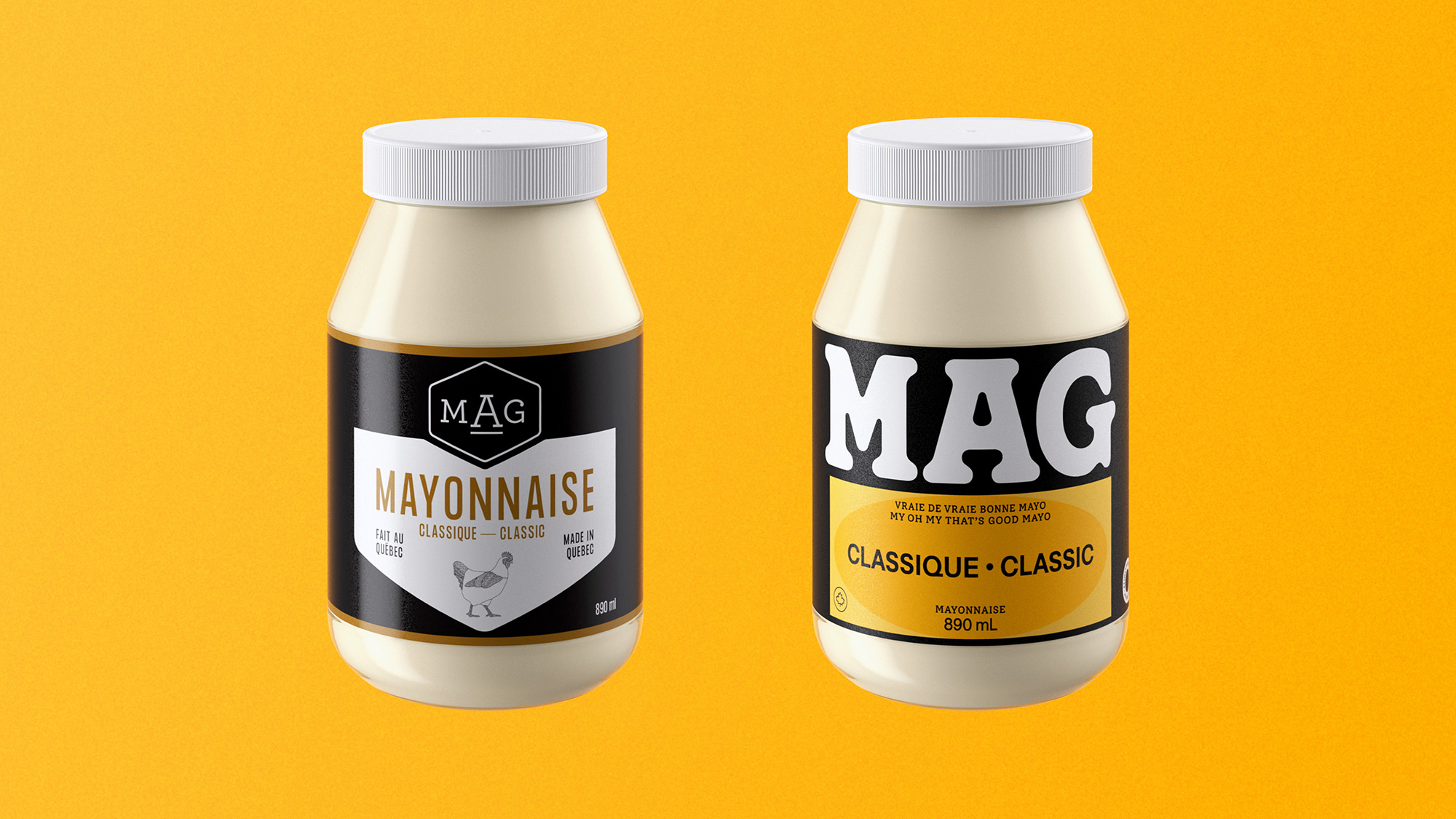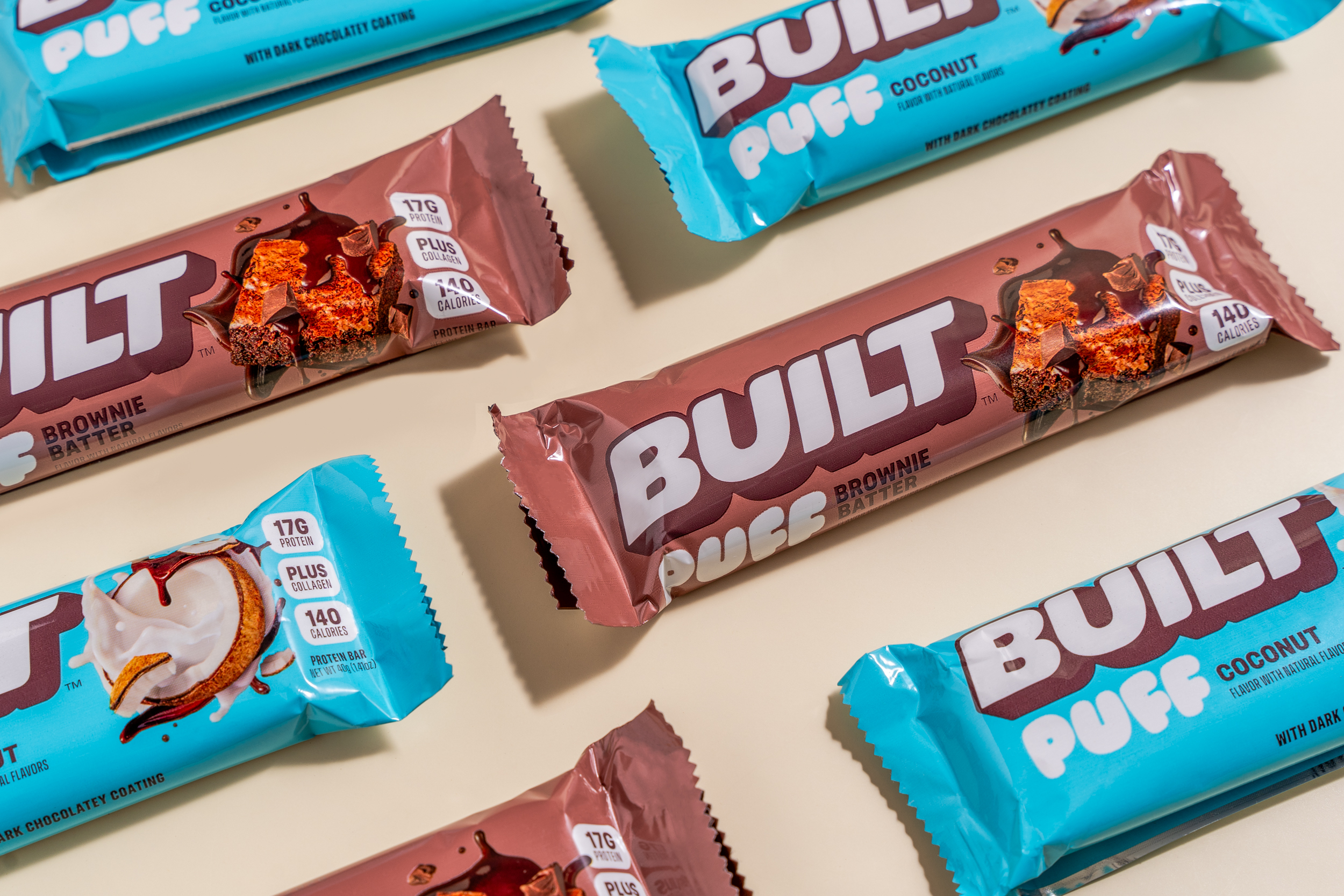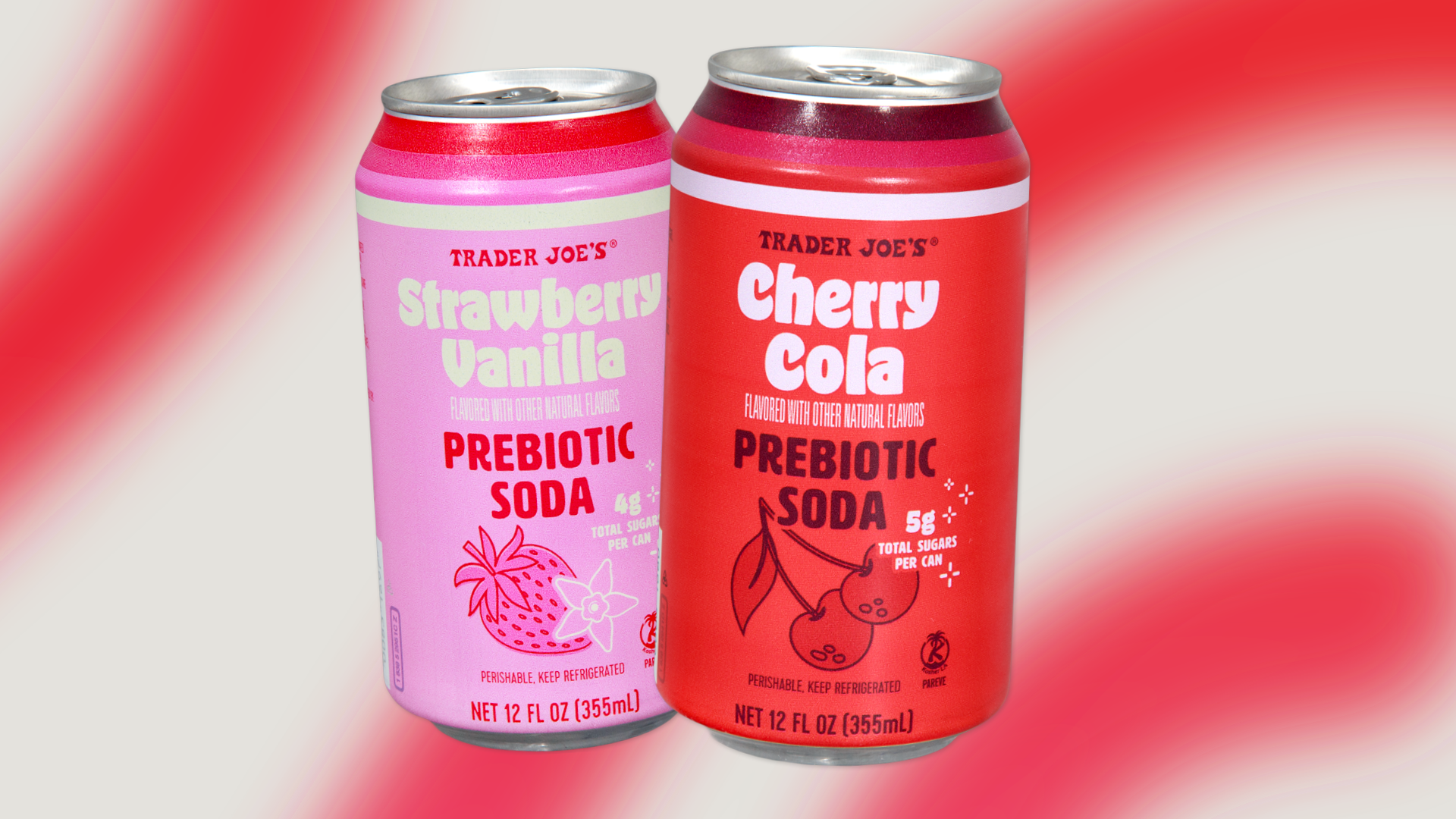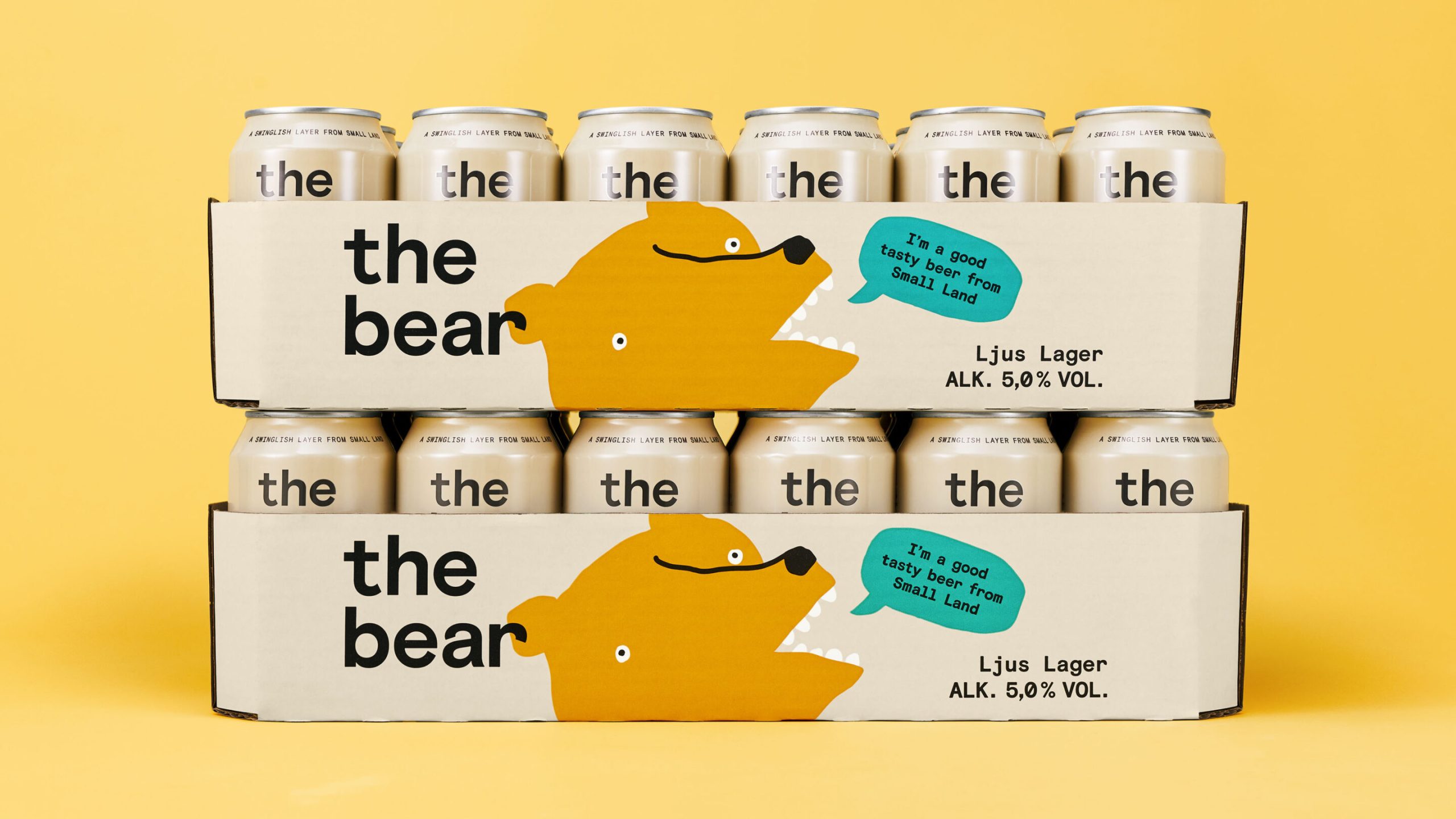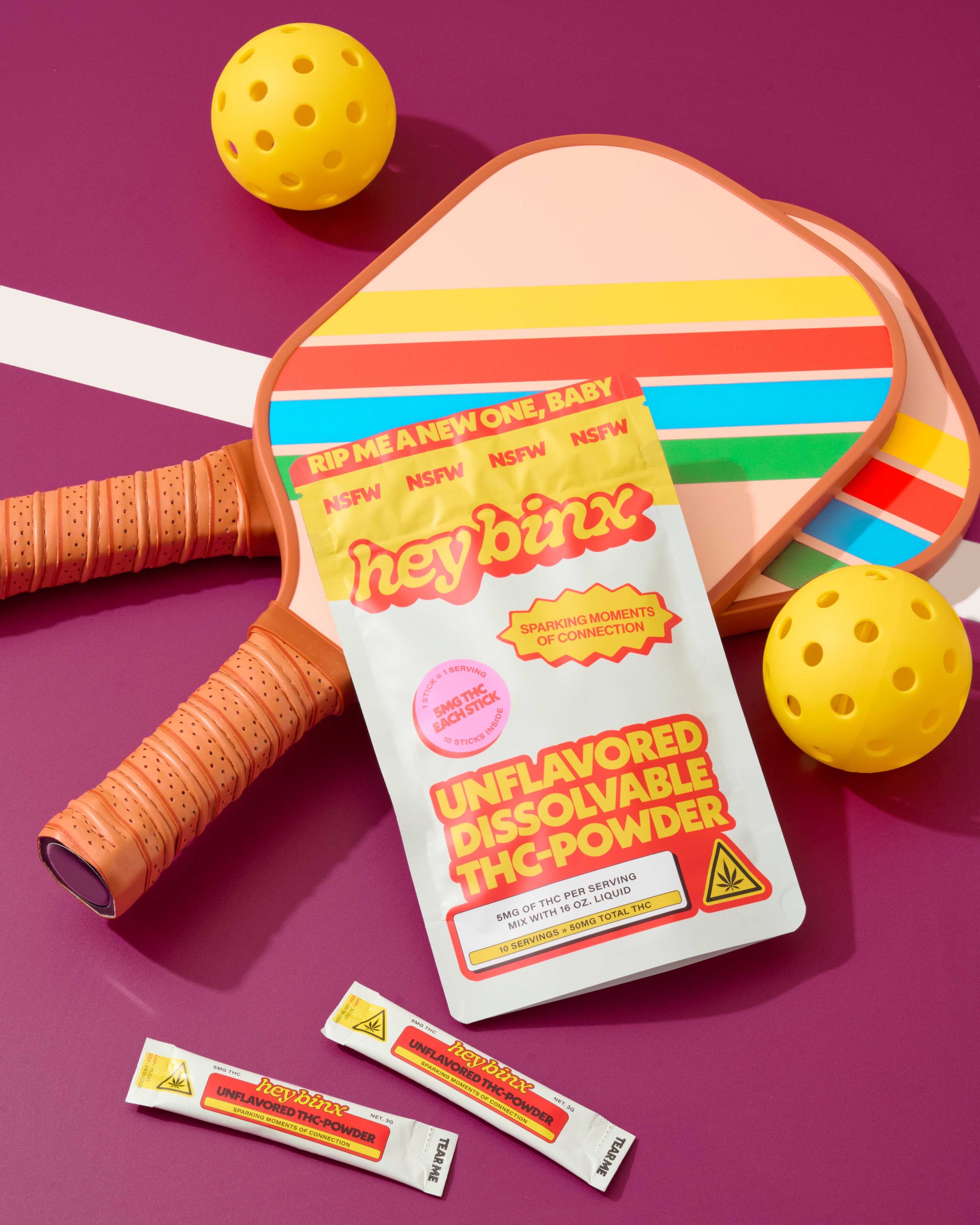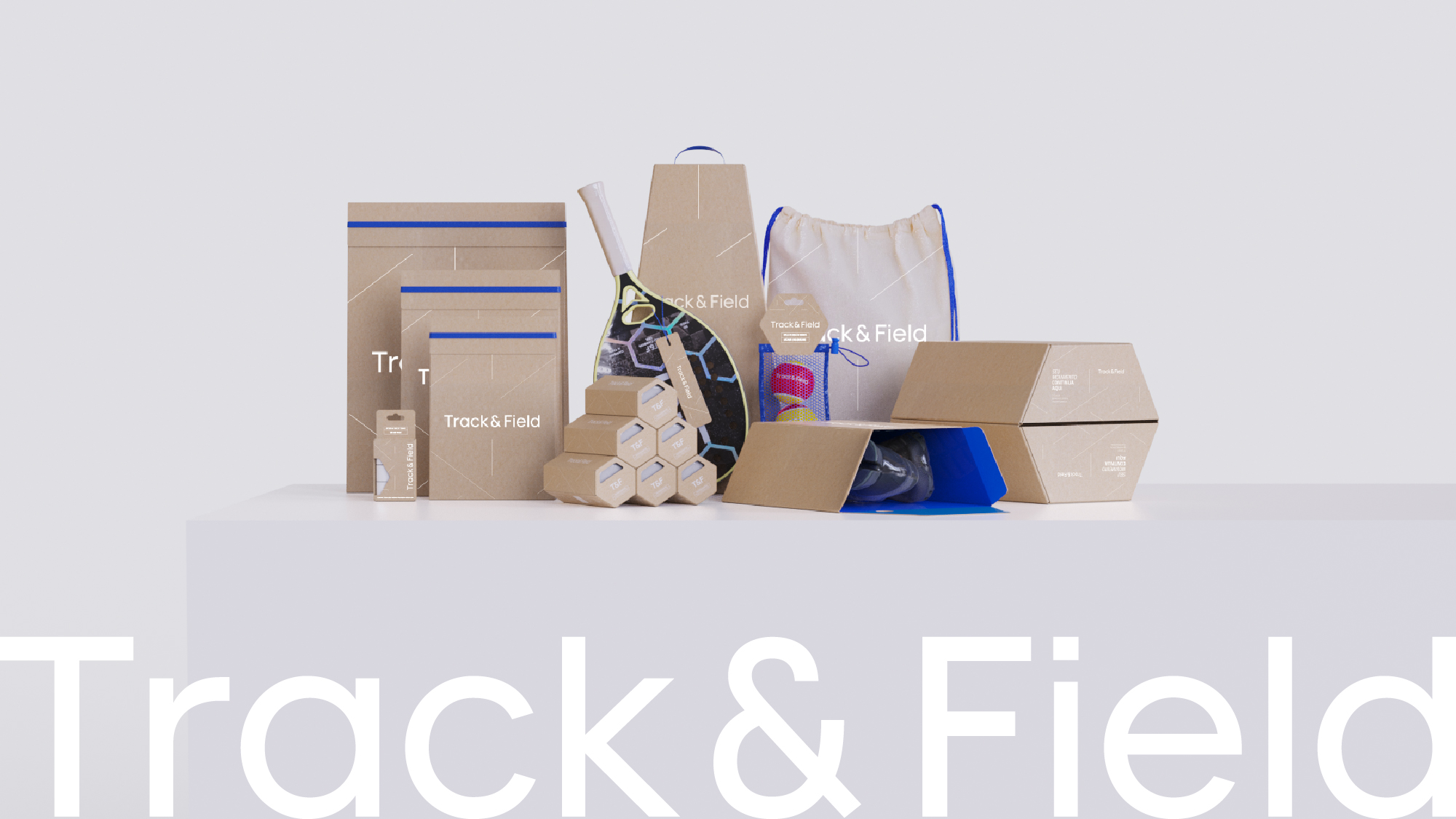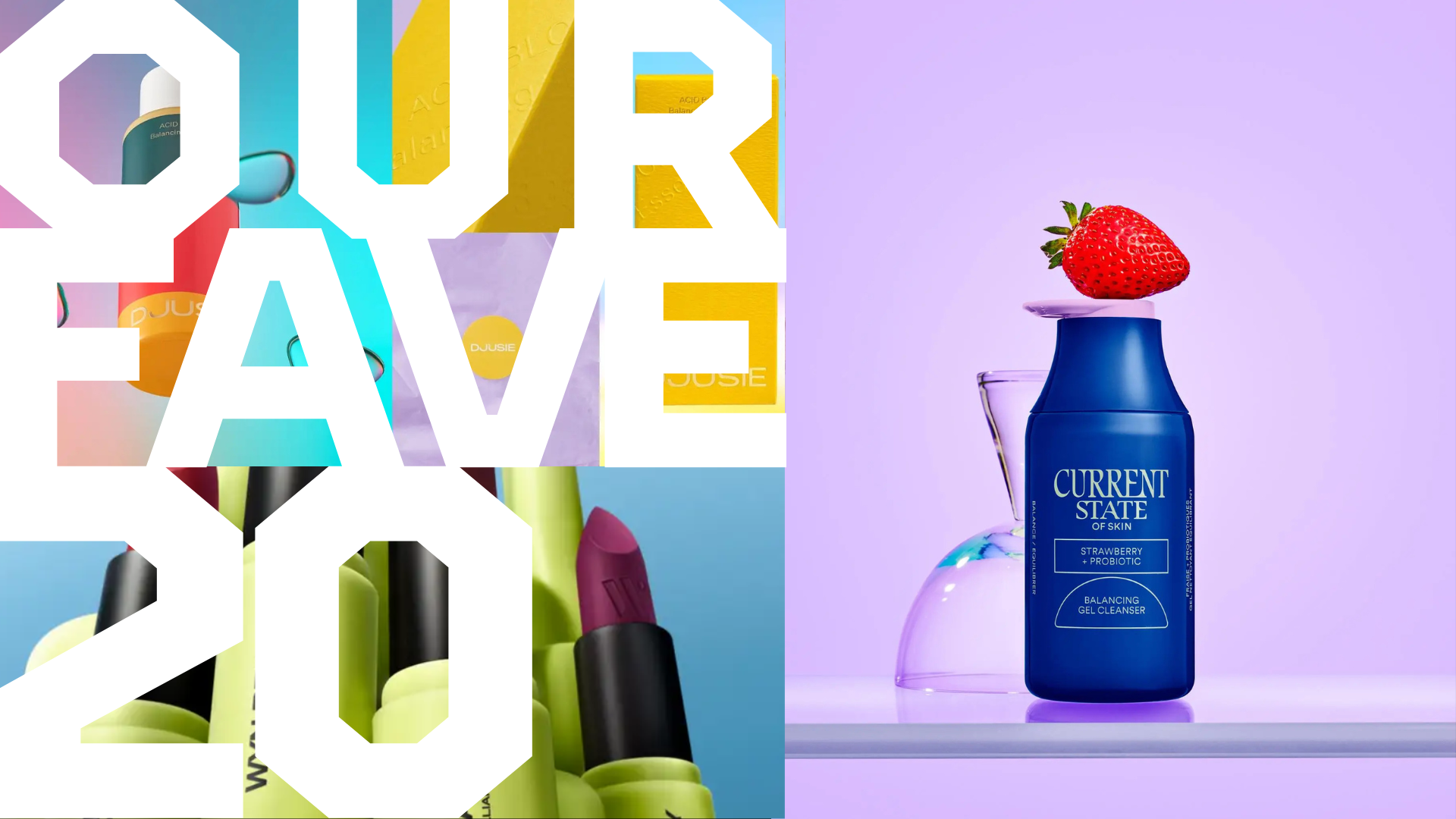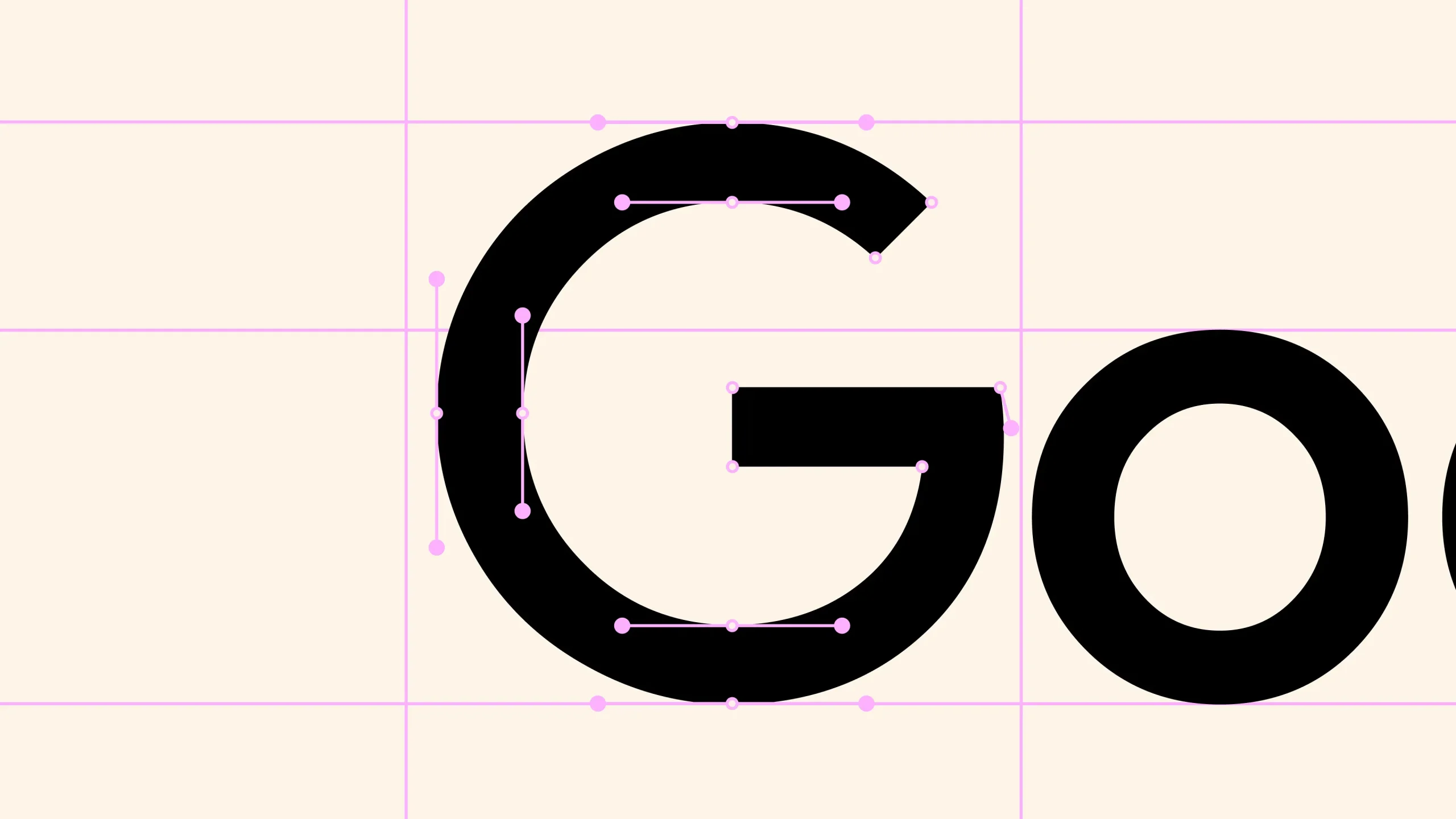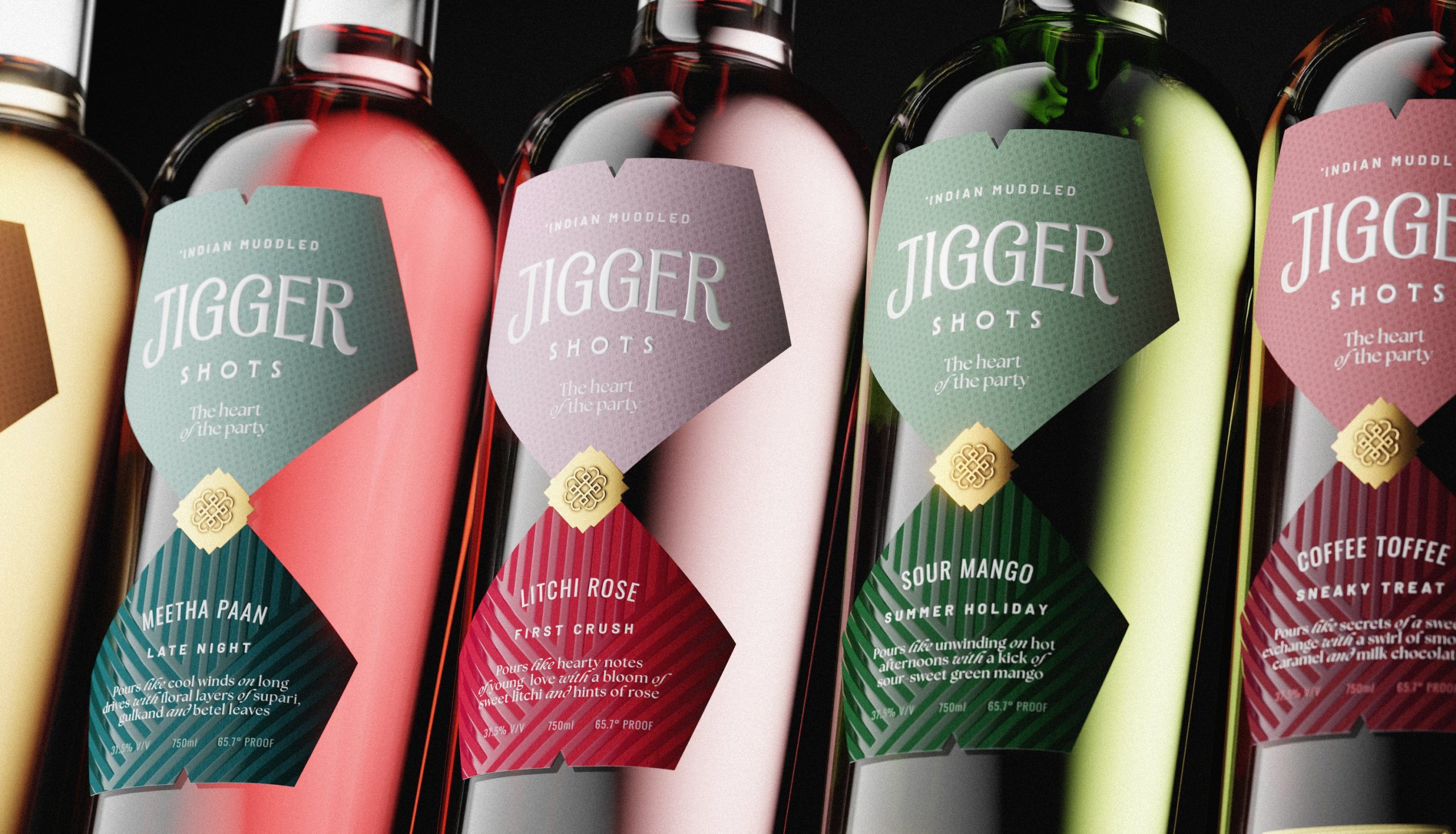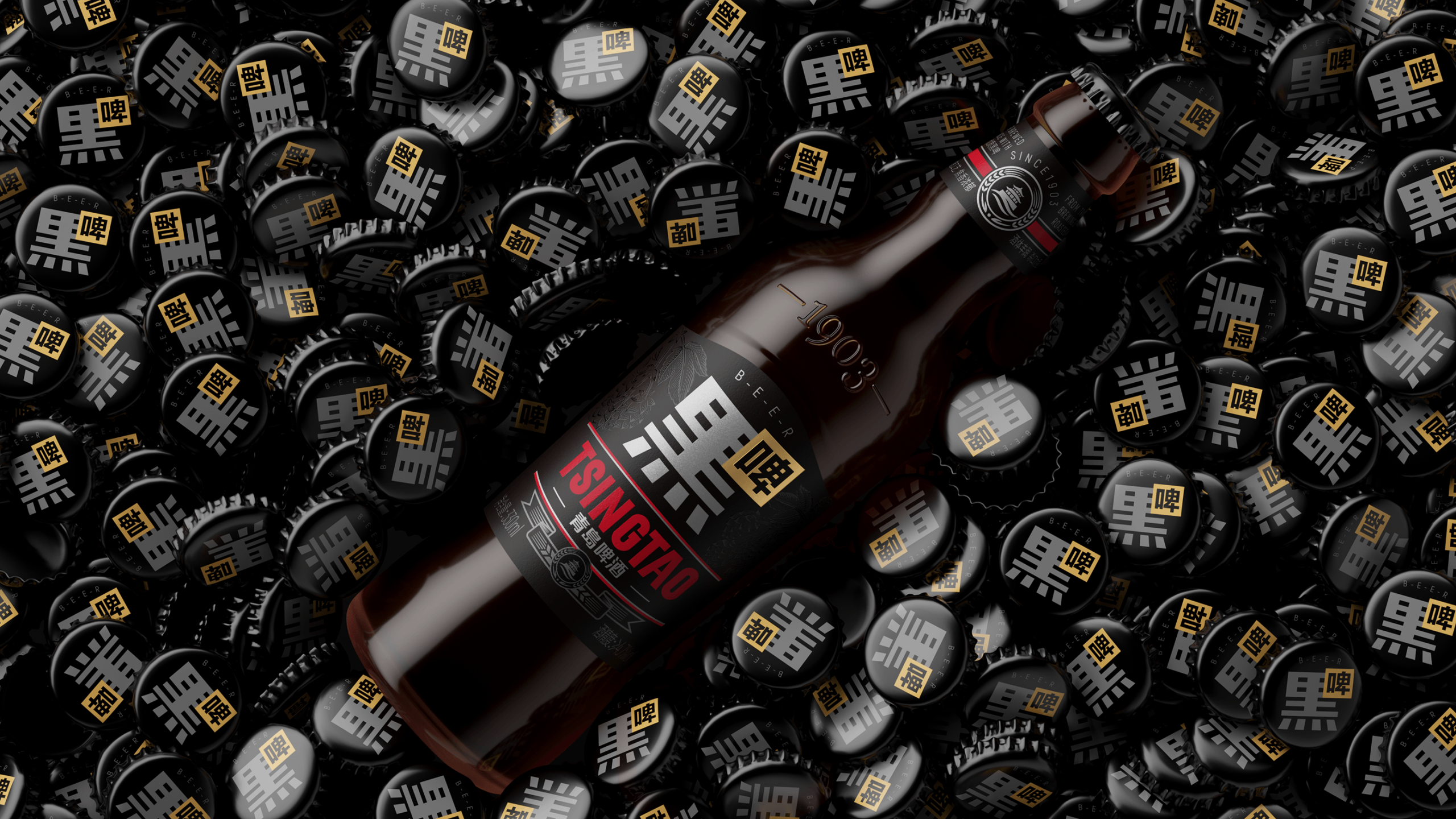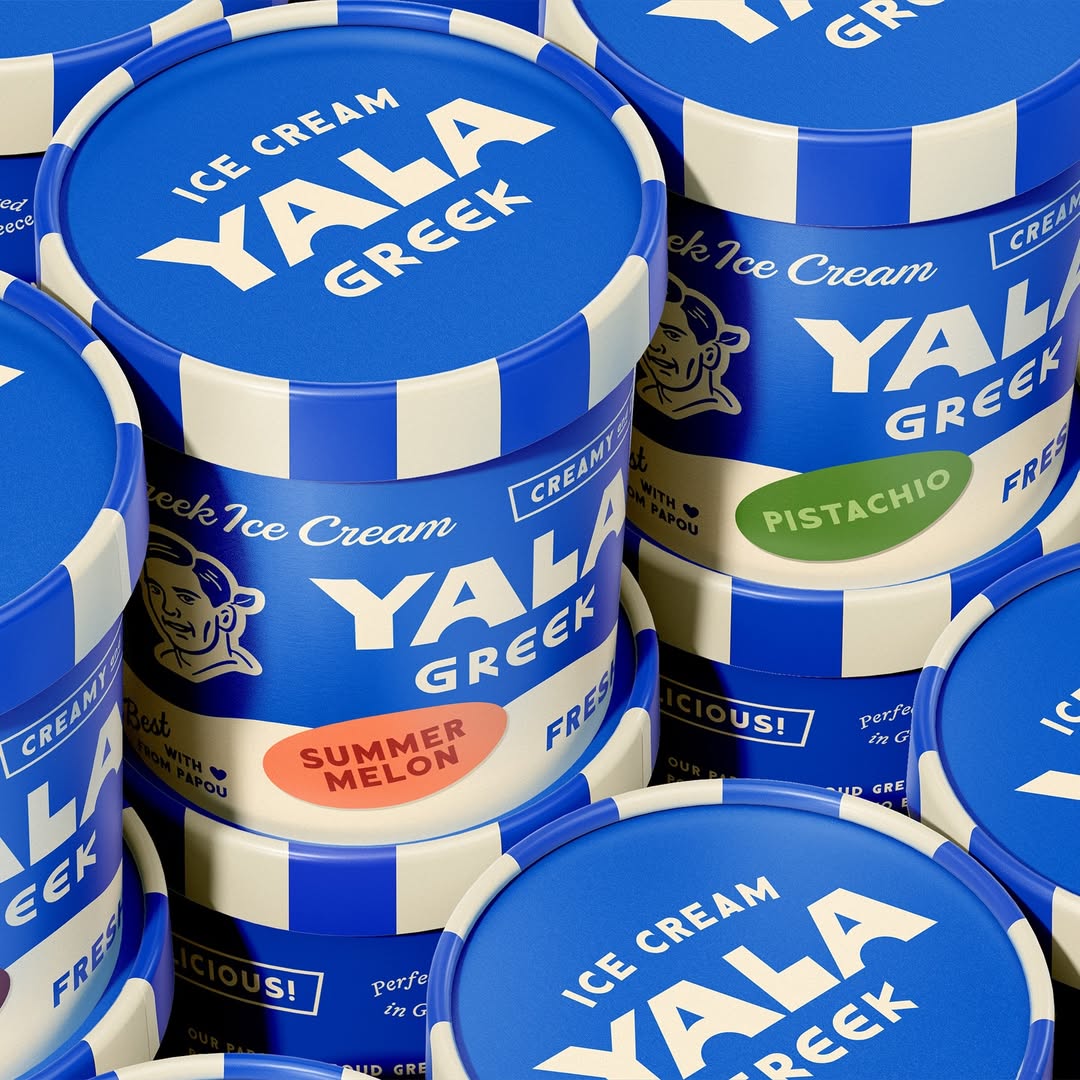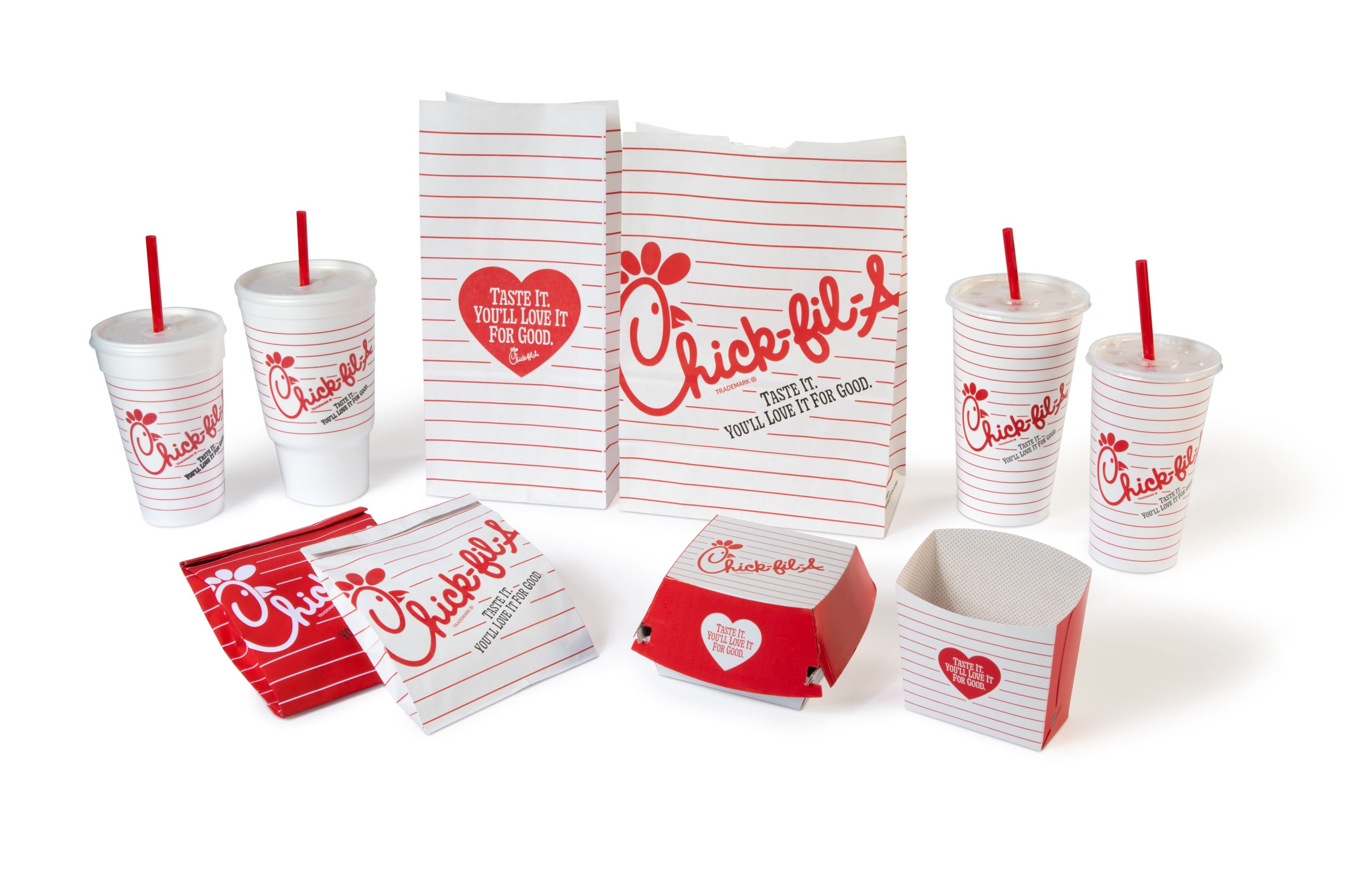TerraCycle’s Loop refillable program launched with plenty of interest, and for good reason.
For large, Fast-Moving Consumer Goods (FMCG) manufacturers like Nestlé, Loop provides a way to lower their use of single-use packaging and offer consumers everyday items and favorites that don’t contribute to the plastic pollution crisis. Plus, Loop provides a refill option with national brands, addressing the increased demand for zero-waste products.
For many consumers alarmed about plastic waste, this felt like the Holy Grail. Order some of your favorite products, whether it’s orange juice or shampoo, and when you’re all done, ship the container back to Terracyle for cleaning so it gets reused again, and they replace it with a new one—a perfect loop, if you will.
